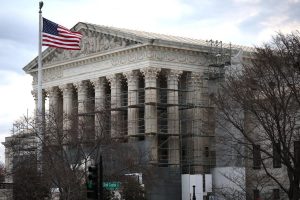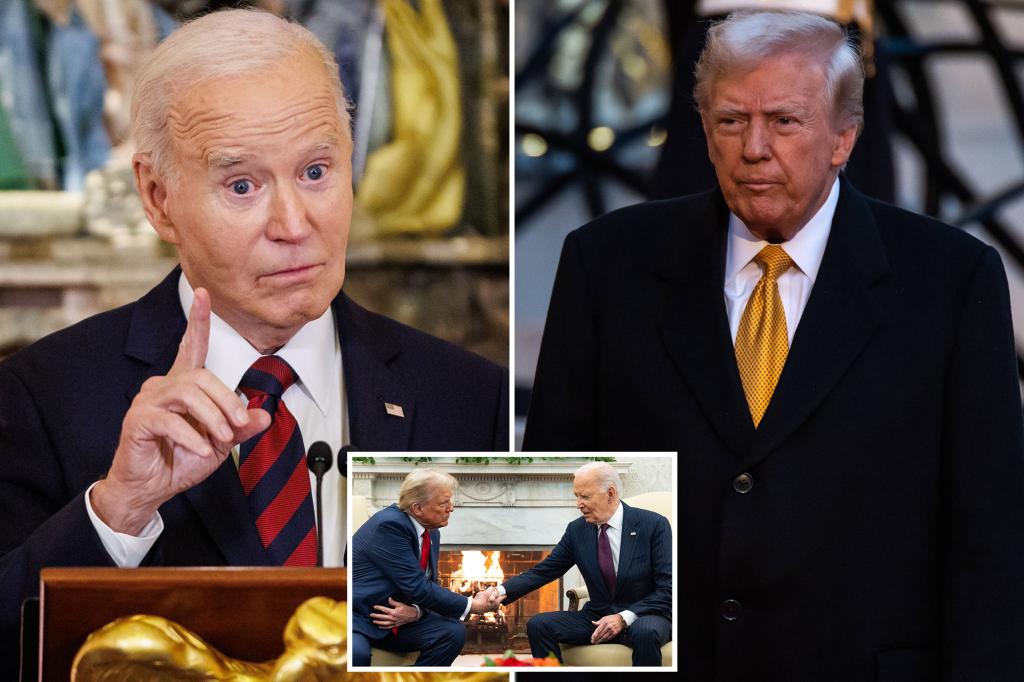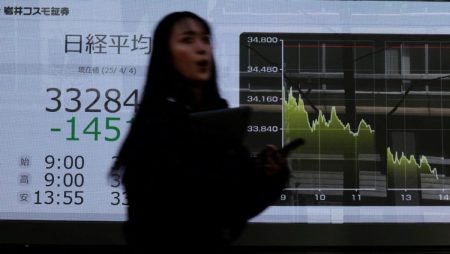The White House announced President Biden’s intention to veto the bipartisan JUDGES Act, a piece of legislation designed to address judicial understaffing and case backlogs across the country. The act, having passed the Senate unanimously in August, would have authorized the appointment of 66 new federal district judges over the next three presidential administrations. However, the White House justified the veto by arguing that the bill is unnecessary and that political motivations, rather than genuine concern for judicial efficiency, are driving its late-stage consideration by the House. They pointed to the fact that the House waited until after the presidential election to consider the bill, suggesting a calculated move to allow the incoming Trump administration to benefit from the newly authorized judgeships. Furthermore, they highlighted Republican senators’ previous efforts to block judicial nominees, indicating a perceived inconsistency in their current support for expanding the judiciary.
The administration’s statement emphasized the timing of the bill’s consideration, questioning the sincerity of the push for its passage just weeks before the end of the 118th Congress. They argued that such a hasty approach would fail to address crucial details, particularly the allocation of the new judgeships. This perceived political maneuvering, according to the White House, undermines the bill’s purported aim of improving judicial efficiency and casts doubt on the genuine need for the proposed additional judges. The White House also alluded to President Trump’s previous calls to block judicial nominees during the lame-duck session, further reinforcing their suspicion of political motivations behind the JUDGES Act.
The veto announcement sparked immediate reactions from both sides of the aisle. Republican senators who co-sponsored the bill expressed deep disappointment and emphasized the bipartisan nature of the legislation. They highlighted the urgent need to address the judicial crisis and the lengthy delays faced by Americans seeking justice. The unanimous Senate passage, they argued, demonstrated broad support for the measure and its potential to improve the functioning of the judiciary. This bipartisan backing, in their view, underscores the importance of the bill and contradicts the White House’s claim of underlying political motives.
Conversely, some Democratic representatives echoed the White House’s concerns about the timing and perceived political maneuvering behind the bill’s late consideration in the House. They pointed to previous attempts to urge the House to take up the legislation before the election, emphasizing that bipartisan support for the measure was contingent on its passage prior to November 5th. The House’s delay, they argued, signaled a deliberate strategy to ensure the incoming Trump administration would benefit from the new judgeships. This strategy, they contended, politicized a critical issue related to the effective administration of justice.
President Biden’s commitment to a peaceful transition of power and his ongoing communication with President-elect Trump provide a backdrop to this legislative dispute. While the incoming and outgoing administrations engage in the customary transition process, the clash over the JUDGES Act highlights underlying tensions and disagreements. The contrasting perspectives on the bill’s necessity and motivation underscore the ongoing political maneuvering and strategic positioning in the final weeks of the current administration and the anticipation of the incoming one. This specific legislative battle reflects a broader struggle over judicial appointments and the ideological balance of the courts.
The JUDGES Act controversy exemplifies the complex interplay of politics and judicial appointments, especially during periods of transition between administrations. The White House’s rationale for the veto centers on concerns about political motivations, timing, and perceived inconsistencies in Republican senators’ positions on judicial appointments. Meanwhile, proponents of the bill emphasize its bipartisan support and the urgent need to address judicial understaffing and improve the efficiency of the courts. This disagreement highlights the ongoing debate about the proper role of politics in shaping the judiciary and the importance of ensuring a fair and impartial judicial system. The fate of the JUDGES Act and the subsequent appointment of federal judges will significantly impact the judicial landscape for years to come.










